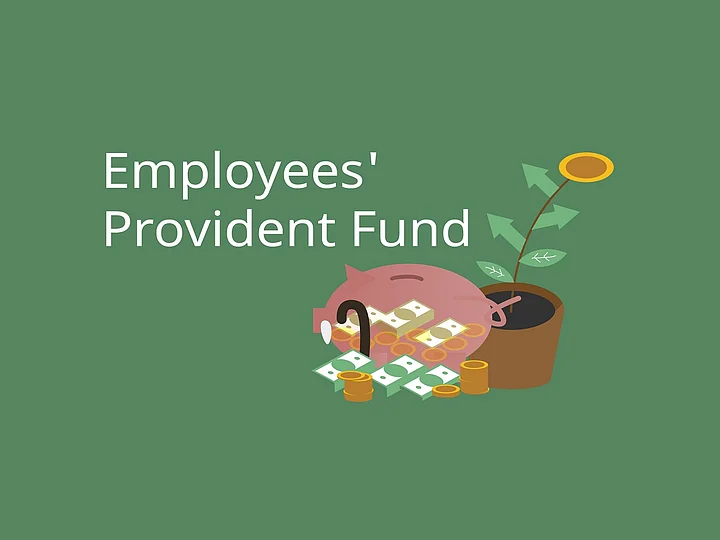The Employee Provident Fund, also known as EPF, is a scheme that was introduced to provide salaried employees with a source of fund.
The employees will receive this fund once they complete their service in a particular organisation.
It is also important to note that the employees can withdraw funds from the PF accounts before retiring only during special circumstances.
The special circumstances under which the employees can withdraw the EPF include medical purposes, home loans, and retirement.
It is important to be informed about the new PF rules 2022 related to EPF withdrawal.
Here are the new PF rules 2022 that everybody should know:
The PF can be easily transferred to the new account so an employee does not have to withdraw the PF account when they are changing the employer.
After the age of 54, employees have the option of withdrawing 90% of the PF account.
If a person is unemployed for a month, he can withdraw 75% of the provident fund balance.
The remaining 25% can be withdrawn after the second month of unemployment.
The withdrawal of PF within five years of account opening leads to tax. However, you can be exempted from paying the tax on EPF corpus if you have contributed to your EPF accounts for a period of five years.
EPF Withdrawal: Eligibility and Maximum PF Withdrawal Limit
EPF Withdrawal for Medical Purpose:
Eligibility: There is no minimum service.
The maximum PF withdrawal limit is up to six times of basic salary or total employee's share and interest. It depends on whichever is lower for PF holder, spouse, siblings, and children.
EPF Withdrawal for Home Loan:
Eligibility: An employee can withdraw PF for a home loan only after a minimum of three years of service.
The maximum PF withdrawal limit is up to 90 percent of the PF balance for the PF holder and spouse.
Retirement:
Eligibility: After the age of 55 years, a person can withdraw PF.
There is no maximum PF withdrawal limit as the employee can withdraw 100 percent of the PF.
It is important to remember the EPF withdrawal rules 2022 before thinking of withdrawing from the Provident Fund, also known as PF.
One has to know the eligibility and other important criteria for different PF withdrawal reasons.
(At The Quint, we question everything. Play an active role in shaping our journalism by becoming a member today.)
